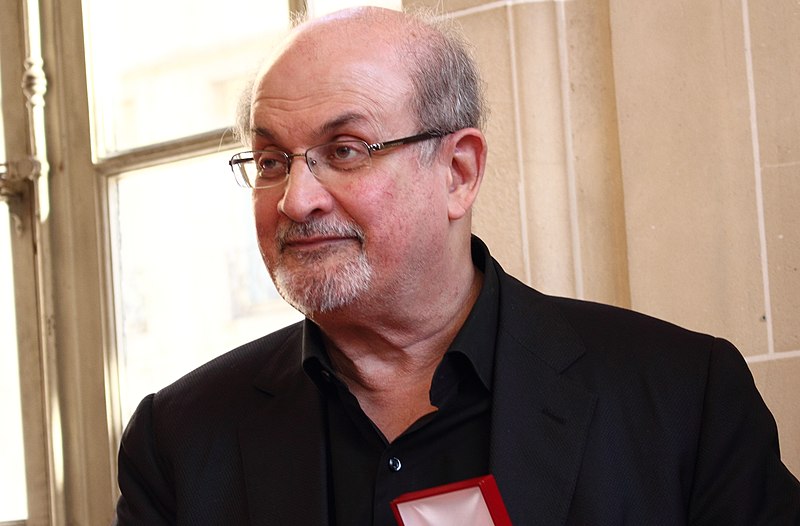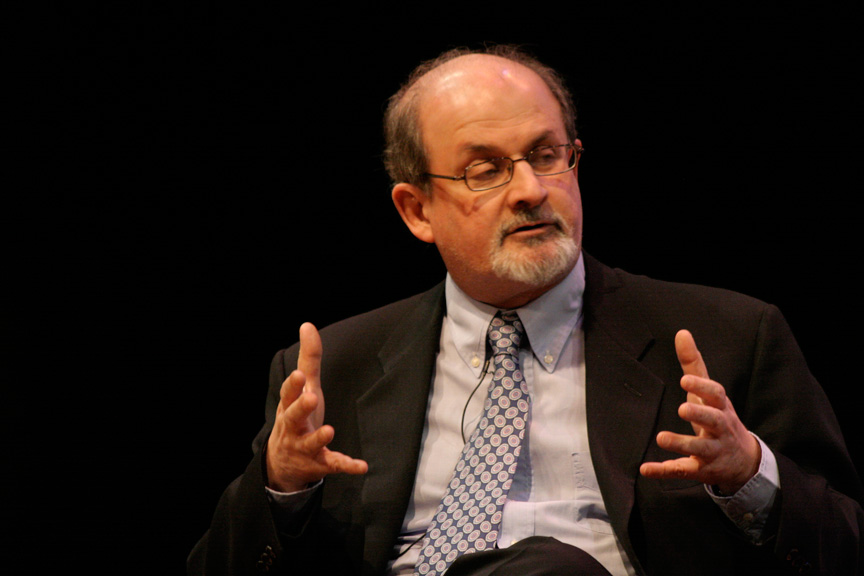The author was scheduled to give a lecture at Chautauqua Institution, a nonprofit education centre, when a man went on stage and stabbed him.
The Indian born British novelist was removed from a ventilator and able to talk.
Rushdie’s son Zafar said in a statement on behalf of the family, that his father still in critical condition, but his sense of humour remains.
“Though his life changing injuries are severe, his usual feisty & defiant sense of humour remains intact,” he said.
“We are so grateful to all the audience members who bravely leapt to his defence and administered first aid along with the police and doctors who have cared for him and for the outpouring of love and support from around the world.”
Rushdie’s agent, Andrew Wylie, had previously said the 75-year-old suffered a damaged liver and severed nerves in his arm and eye, and was likely going to lose the eye.
His attacker, Hadi Matar, a 24-year-old man from Fairview, New Jersey, pleaded not guilty on Saturday to the attempted murder and assault charges.
US president Joe Biden, praised Rushdie’s “refusal to be intimidated or silenced” as part of his statement on the attack.

Some Muslims believe the book contains blasphemous passages and mocks their beliefs.
They believed Rushdie insulted the Prophet Muhammad by naming a character Mahound, an alternative name for Muhammad that was sometimes used in the Middle Ages by Christians who considered him a devil.
The book also has a sequence with prostitutes that share names with some of Muhammad’s nine wives and it is implied that Muhammad was the Quran’s real author, not Allah.
In 1989 Iran’s late supreme leader Ayatollah Ruhollah Khomeini issued a fatwa, a ruling in Islamic law, that called upon Muslims to kill Rushdie.
Khoemeini died that year and Iran’s government has long since distanced itself from the decree, but the fatwa and anti-Rushdie sentiment remain.
The bounty and death threats led Rushdie to go into hiding for years under a British government protection program.
He emerged after nine years and started cautiously making more public appearances, maintaining his criticism of religious extremism.
Rushdie was at the Chautauqua Institution to speak about the importance of America giving asylum to exiled writers.






